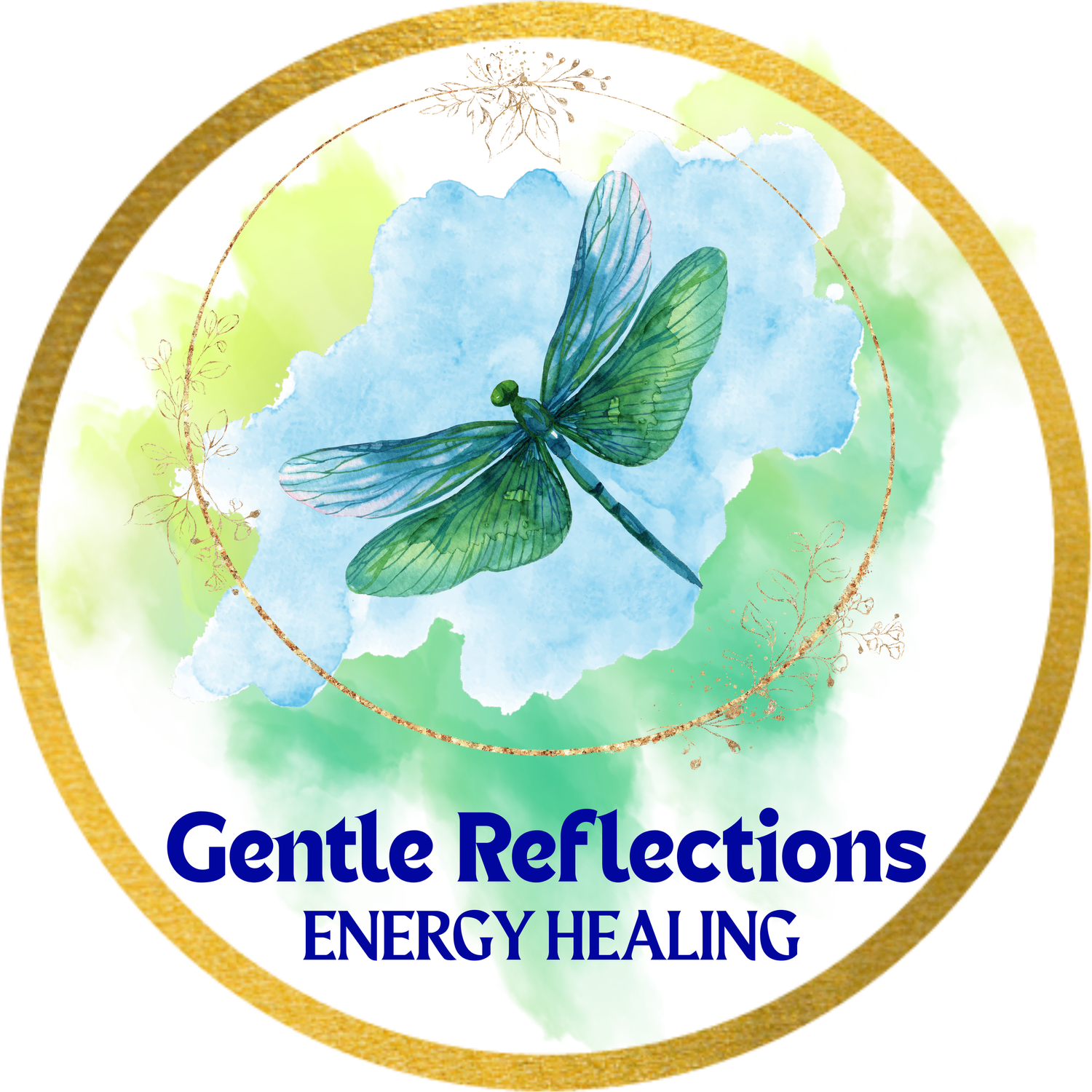Why Your Emotional Reactions Aren’t Random (and How Healing Your Limbic System Helps)
Q. Which of your body systems is at play when you feel stressed or triggered?
A. The limbic system.
If you’ve ever had a smell transport you instantly back to childhood, or felt your heart race during a tough conversation even though you knew you were safe, you’ve experienced the work of a powerful part of your brain: the limbic system.
For me, the smell of anise combined with cinnamon takes me back to pleasant childhood memories of baking biscochitos at Christmas time. Ironically, this wonderful smell can also trigger a craving for a similar sweet treat when I feel the need for comfort if I’m feeling anxious or distressed.
What’s important to understand is that the limbic system (often called the emotional brain) is the part of us that reacts before we have time to think. It stores emotional memories, triggers survival instincts, and plays a vital role in how we respond to the world around us. When someone says they’re “feeling it in their gut” or “can’t shake a bad vibe”—chances are the limbic system is involved.
This part of the brain doesn’t operate by logic—it operates by experience, memory, and emotion—which is exactly why it’s so important in the healing work I do.
Most of our early experiences—especially those that involve safety, love, fear, or rejection—get encoded in the limbic system long before we’re old enough to make sense of them. It’s not about what happened as much as how it felt. The brain doesn't usually remember the full story, but the limbic system remembers the feeling (and the subconscious mind remembers it all).
As beautifully explained in Bessel van der Kolk’s “The Body Keeps Score,” our bodies store experiences of extreme stress and trauma which, of course, the degrees to which a person experiences such stress or trauma vary depending on the individual’s own sensitivity and situation. What may seem extremely stressful to one person may seem trivial to someone else.
So even as adults, we may find ourselves reacting to present-day events with the emotions of a much younger version of ourselves. We get triggered. We shut down. We overreact. This isn’t something we do consciously or seem to have any voluntary control over—but because a part of us still feels unsafe.
That’s where subconscious healing work becomes powerful. Tools like hypnotherapy, PSYCH-K®, and guided inner work help speak the language of the limbic system. They go beneath the surface of the thinking mind and meet those younger, wounded parts where they live—gently re-patterning the emotional imprints that got locked in when we didn’t have the tools or support to process them.
I feel it’s helpful to know that healing isn’t about erasing the past. It’s about helping the nervous system and emotional brain recognize that the present is safe—and that we now have agency, support, and choice. Healing and integrating that part of us that is stuck in the trauma response—the wounded inner child—is vital in bringing the adult self back to a place of wholeness.
That’s when the limbic system can begin to relax. The body starts to feel different. The mind becomes clearer. Relationships shift. You stop bracing for something to go wrong—and start trusting life again. It becomes easier to relax and just be.
It can be a subtle, but profound shift. And it starts by understanding that what’s (or who if it’s your inner children) been running the show isn’t who you are—it’s what you survived. Know that you don’t have to stay in survival mode any more—there are solutions.


